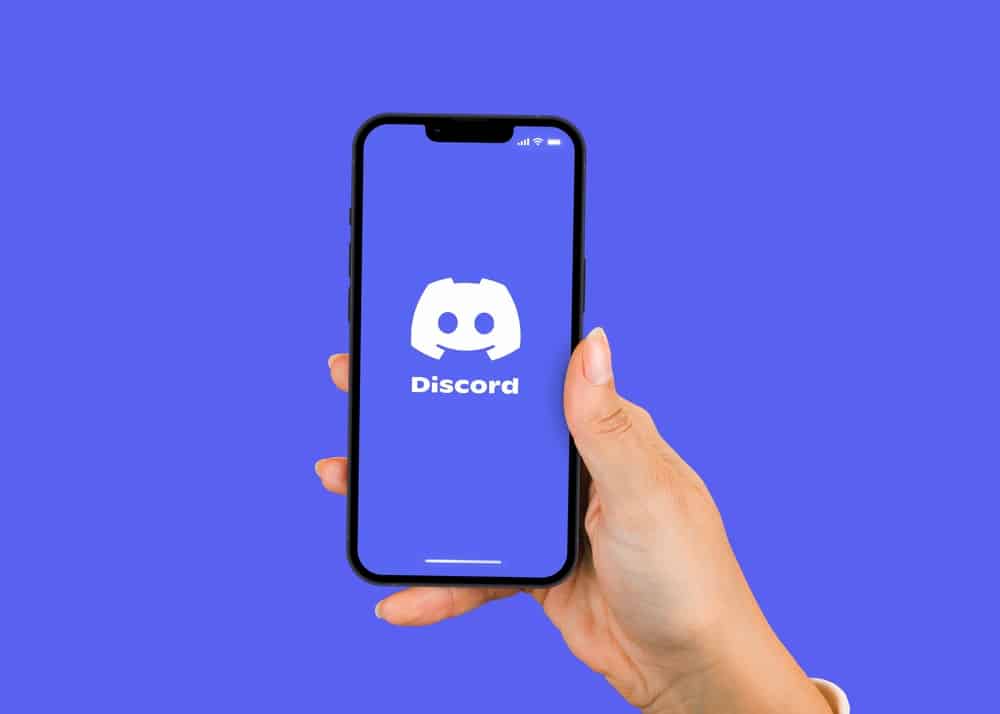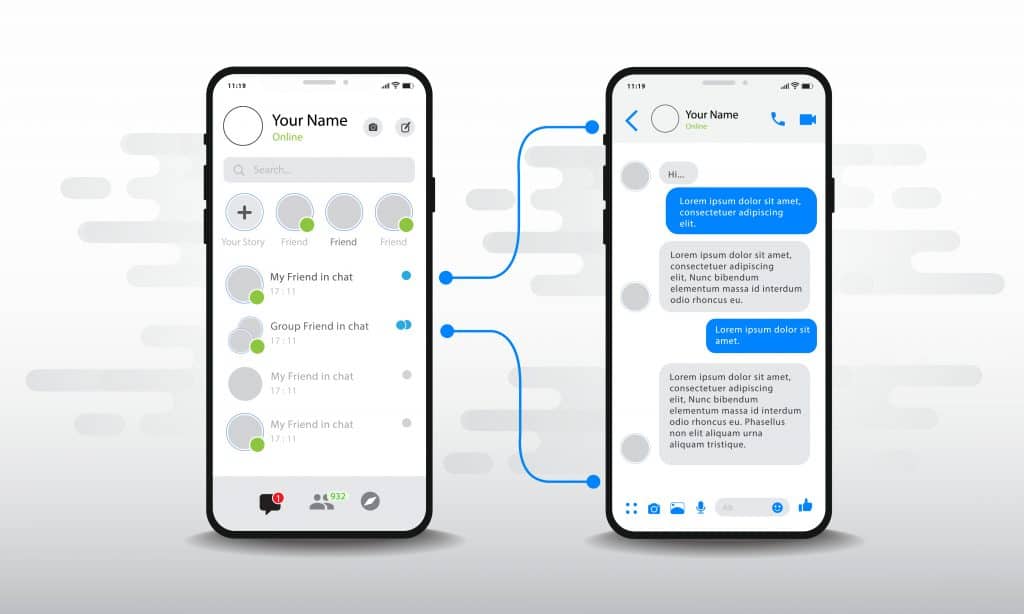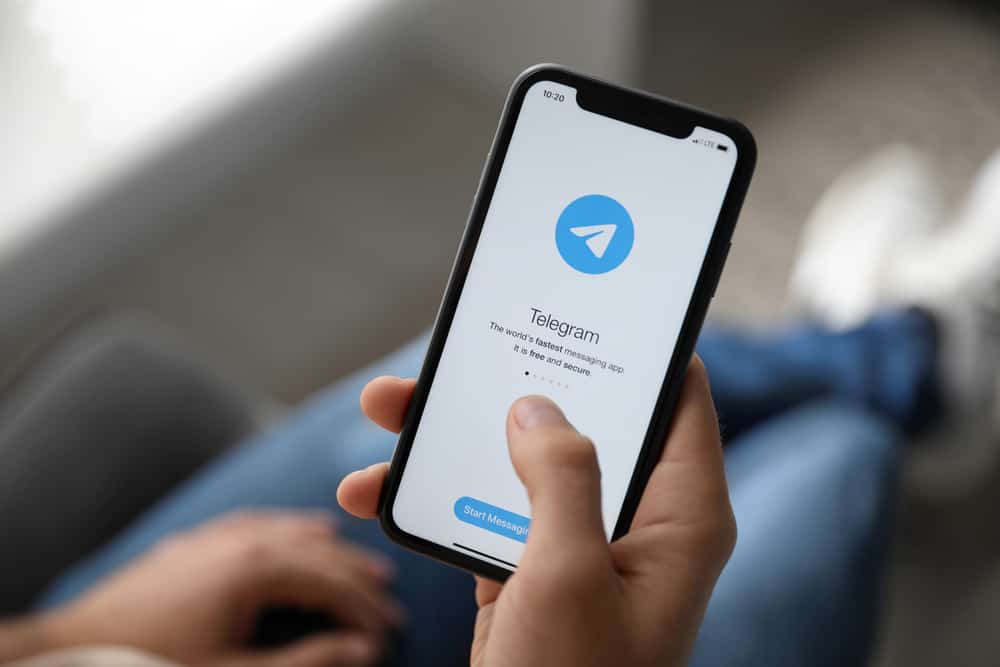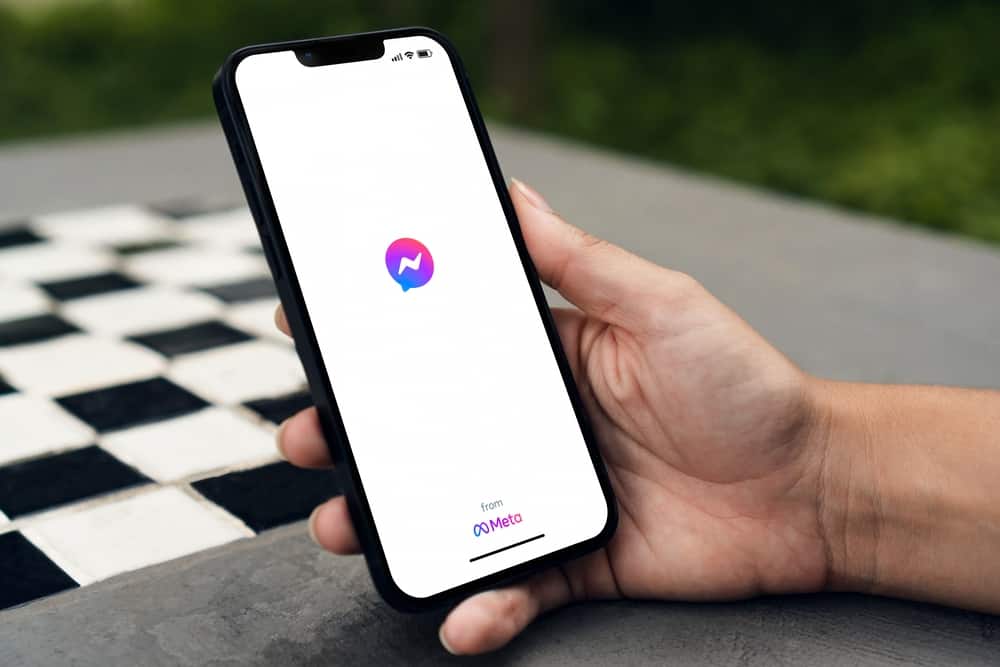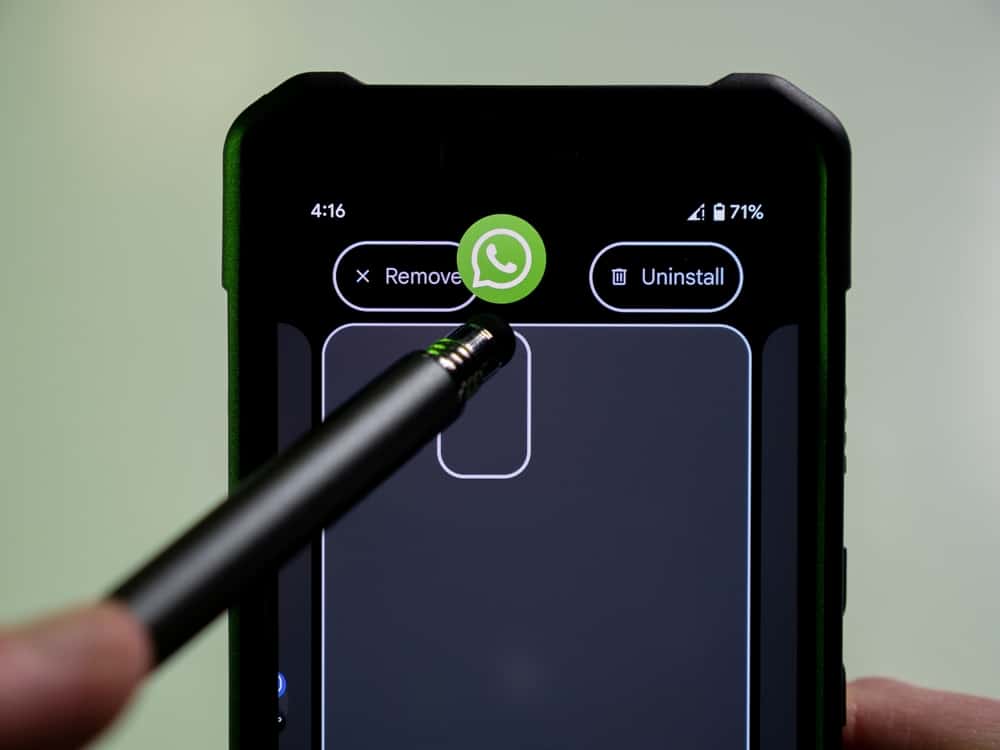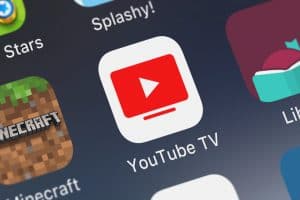
Social media apps have become a significant part of our everyday lives. We have replaced daily interactions with social media communication like chatting and sharing voice or video messaging.
One of the social media platforms currently gaining thousands of users is Discord. Discord uses a community approach where groups organize themselves into servers. This platform has several niche communities in areas like IT, software, AI, and others.
Because servers are composed of individuals with similar interests, there’s always a ton of information available that could be helpful to educators. If you’re one of the people wondering why schools don’t use Discord, given its potential, there are several reasons.
The first reason why schools don’t use Discord is because it’s not a standard source of information. While many Discord communities have experts in their field, their information is unverified. Educators have to ensure the information they teach students is accurate and verifiable. Another reason schools don’t use Discord is the risk of exposure to inappropriate content. There’s no way for schools to ensure students only utilize the sources and content appropriate for them.
Read on to learn why schools don’t use Discord.
Overview of Discord and Its Use
Discord is a free communication platform people use to chat, voice or video call, or screen share with friends. Discord’s server system allows members to form similar interest groups and share information about a specific niche. Besides niche groups, Discord is ideal for fun interactive activities like gaming and streaming.
One of the reasons people wonder why schools don’t use Discord is because the platform has native communication features that can support remote learning. For example, teachers can use text channels to organize lessons, learning materials, and assignments.
They can also utilize voice channels for group or one-on-one lessons. Teachers can also use Discord’s added streaming features to host remote classes with up to 50 participants. Unfortunately, this is an avenue many schools have failed to explore, and with good reason.
Next, we’ll cover several reasons why schools don’t use Discord.
Reasons Schools Don’t Use Discord
Despite its advantages, there are several potential reasons schools fail to encourage the use of Discord. Some of these reasons include the following:
Risk of Exposure to Inappropriate Content
Schools play a significant role in educating students about consuming harmful content and its consequences. Currently, social media platforms, including Discord, have been struggling with scammers and hackers who infiltrate apps and harm or defraud unsuspecting users.
Discord also has servers whose content is inappropriate for minors or teenagers. If schools start using this platform, it will be difficult to dissuade students from using it at home.
If they use Discord without parental or a teacher’s supervision, there’s a greater chance they may fall victim to online scammers or consume explicit content.
Unverified Source of Information
Besides using its native features like voice and video to teach remotely, schools can’t rely on social media apps like Discord for information. As noted earlier, most of the conversations happening on Discord are casual.
Even though there are groups tackling serious subjects that educators and students would benefit from. Using this information will encourage students to view Discord as a credible source.
The truth is the information may not be accurate. Teachers should use curriculum-recommended sources instead.
It Minimizes Privacy
Students’ privacy in a school setting is a priority to any administration. Use of Discord, even when limited to class sessions, risks this privacy.
Remember, students are likely to misinterpret the use of Discord for teaching as a go-ahead to experiment with the app during school hours. If this happens, there’s a chance they’ll start competing for views, server members, and popularity.
Students will likely start recording others during school activities and posting online for views. The use of social media can also lead to indiscipline, where students do specific activities while at school so they can record and post online.
Social media platforms like Discord fuel popularity contests in school and encourage cyberbullying, where the less popular students are picked on.
It’s Distracting
Distraction during learning hours is one of the problems many schools face, and the use of Discord can only worsen it.
For example, if the teacher wants to stream a video through the platform, students will require their phones to participate. If students carry gadgets to class, there’s no guarantee they’ll focus on the day’s lessons after the Discord project.
Instead, they’ll likely start sharing online information and videos with other students, leaving them less time to study. Another way a distraction can affect learning is by ruining the students’ concentration.
When students use Discord in class, they need to familiarize themselves with the topic whenever the teacher asks them to respond or participate in class.
Distractions also leave them with mental fatigue from engaging in other activities besides learning and school work. They won’t have the necessary information to work on their assignments, consequently affecting their performance.
It’s also essential to note that the language used on Discord and other social media apps differs from the one teachers use in school.
When students spend too much time using apps like Discord, they tend to borrow language and information from these sites and use it for school work. Teachers will have an additional task of correcting some of the information and language students pick from social media apps.
Summary
Discord has native features like text and voice channels that can be useful in remote or in-person learning. However, the risks of using Discord in school outweigh the advantages.
For example, students will mistake the use of the app for learning with the approval of social media use during school hours. This may lead to exposure to explicit content, distraction, and loss of privacy.
